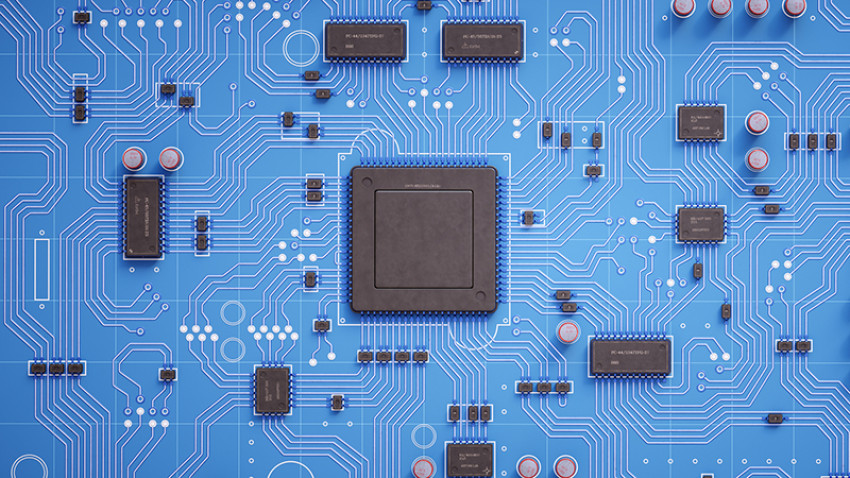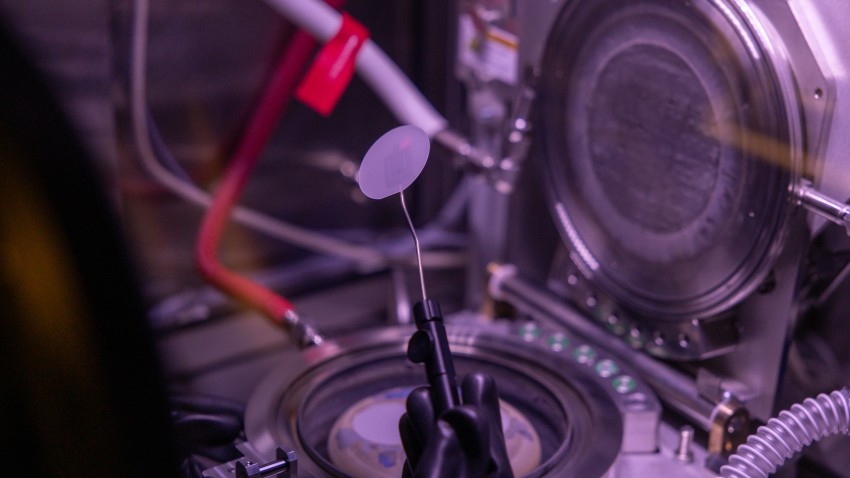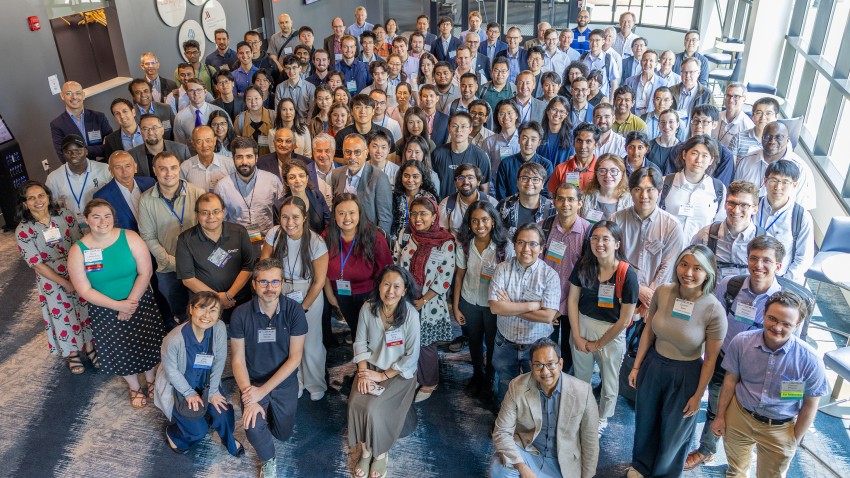Cornell has a long tradition of leadership in innovative and impactful efforts to advance the science and technology of semiconductors and materials, partnering with industry and the wider research community. Passage of the CHIPS and Science act is leading to even more vigorous engagement and new opportunities to collaborate, advance research and development, and train the next generation of scientists and semiconductor workforce.
This site serves as a reference point for the research community and a source of information about opportunities and connections across Cornell and beyond.
Opportunities
| Sponsor | Title | Links | Dates |
|---|---|---|---|
| National Science Foundation (NSF) | CHIPS-Related Funding Opportunities | https://new.nsf.gov/chips#funding | |
| National Institute of Standards and Technology (NIST) | https://www.nist.gov/chips |






